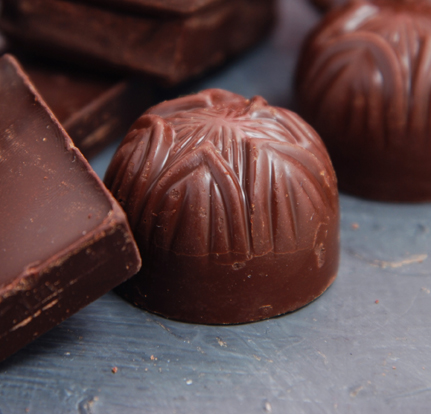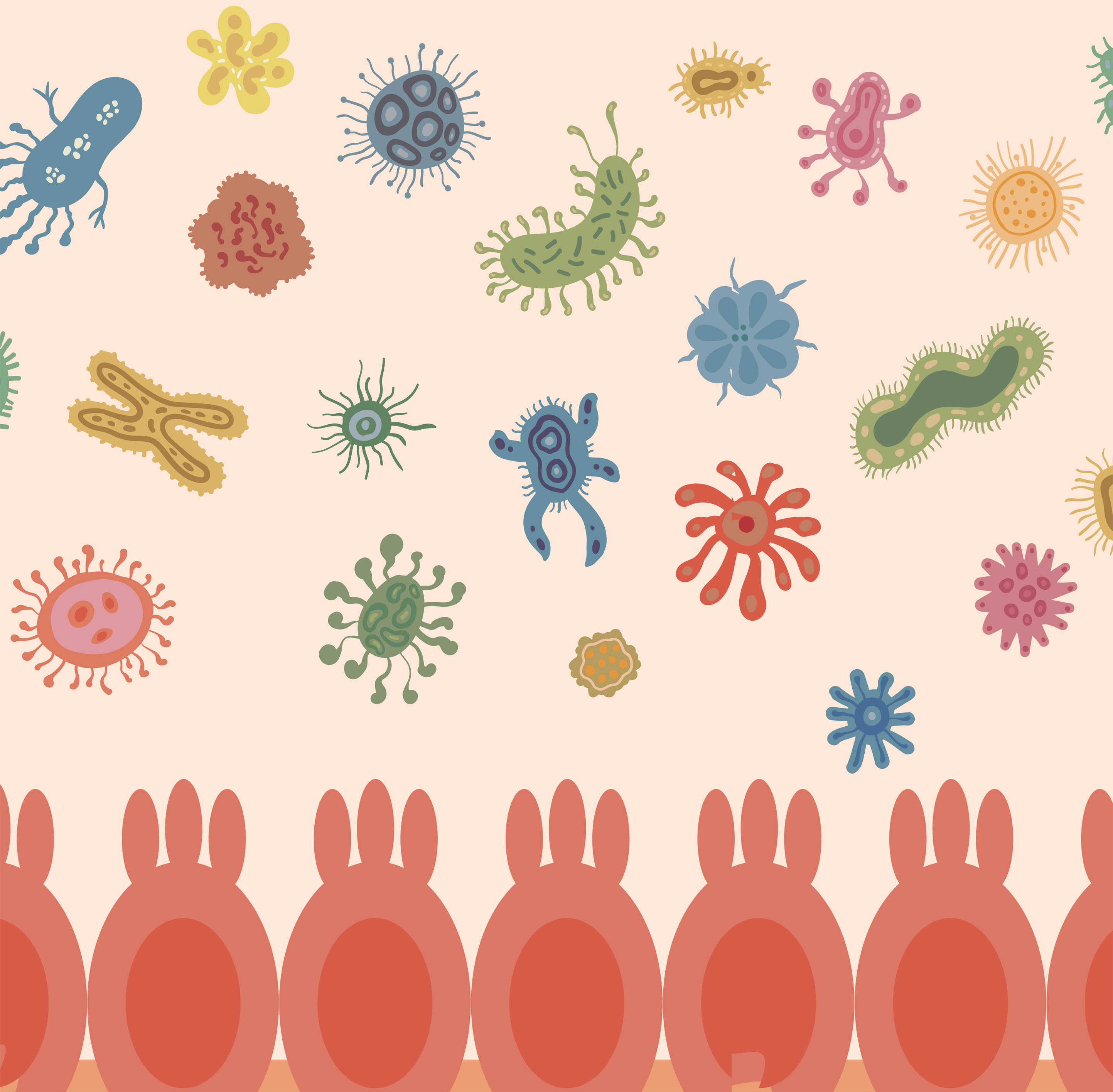Does Chocolate Cause Heartburn, GERD, LPR, Silent Reflux, or Respiratory Reflux?
At-A-Glance
- Chocolate can cause or worsen heartburn, GERD, LPR, silent reflux, and respiratory reflux.
- As far as reflux-trigger foods go, chocolate is near the top of the list, along with alcohol and raw onion.
- When you have cured your reflux, you may be able to eat chocolate again, but not before.
Join Facebook Live with Dr. Koufman at noon EDST on the first Wednesday of each Month. If you miss it live, you can see it on YouTube.
Chocolate, while a favorite indulgence for many, is a common trigger for acid reflux in all its forms, including heartburn, gastroesophageal reflux disease (GERD), laryngopharyngeal reflux (LPR), silent reflux, and respiratory reflux. Although these conditions affect different areas, they share a sensitivity to foods that weaken the lower esophageal sphincter (LES). This valve prevents stomach acid from flowing up into the esophagus. As far as reflux-trigger foods go, chocolate is near the top of the list, along with alcohol and onion. Why the problem with chocolate? … high-fat, caffeine, and theobromine,
Why Does Chocolate Cause Acid Reflux?
Why Is Chocolate A Reflux-Trigger Food? Chocolate triggers reflux primarily due to theobromine, found naturally in cocoa. Theobromine relaxes the LES, allowing stomach acid to back up into the esophagus, causing irritation and a burning sensation commonly known as heartburn. In addition, chocolate’s caffeine and high-fat content worsens reflux, as both also weaken the LES.
Due to its higher fat content, milk chocolate can be more problematic than dark chocolate, but dark chocolate has higher levels of theobromine. This makes both types potentially troublesome for people with acid reflux.
For individuals with GERD, a more chronic and severe form of acid reflux, chocolate can trigger symptoms like heartburn, burning chest pain, a sour taste, and even difficulty swallowing. GERD sufferers are susceptible to foods that weaken the LES. For many, avoiding chocolate is a critical step toward improving or minimizing symptoms.
Laryngopharyngeal reflux (LPR), sometimes called “silent reflux,” can also be aggravated by chocolate. Unlike GERD, LPR often doesn’t cause heartburn but leads to symptoms in the throat, like a persistent cough, sore throat, hoarseness, or a bitter taste. The mechanism is the same: LES relaxation, allowing acid to travel to the upper esophagus and irritate the throat. LPR’s symptoms are often subtle, so many people don’t initially link them to their diet, but chocolate is frequently an aggravating factor.
Chocolate can even worsen respiratory reflux, a form of reflux that irritates the airways, causing coughing, wheezing, or shortness of breath. When stomach acid reaches the throat and airways, it creates irritation that can be mistaken for asthma or respiratory infections. Respiratory reflux symptoms don’t typically involve the symptom heartburn, making it more challenging to identify the cause, though chocolate often can play a role.
Any Tasty Alternatives?
If giving up chocolate sounds too challenging, there are some alternatives. White chocolate, which contains little to no theobromine and is lower in fat, may be a safe option. Although it lacks the rich cocoa taste of milk or dark chocolate, white chocolate-covered treats like pretzels can help satisfy chocolate cravings without triggering reflux. However, monitoring for any individual sensitivity is essential, as some people may still be sensitive to even white chocolate.
Managing reflux is often about identifying personal trigger foods, which vary widely. Many people find that temporarily eliminating chocolate and other triggers, like alcohol and raw onions.
Why Is Chocolate Bad For Dogs?
Most people know that chocolate is toxic for dogs and can kill them. The two toxic components in chocolate are caffeine and theobromine. They can cause stimulation of the central nervous system and heart, as well as upset stomach and dehydration; seizures can also occur. Dogs metabolize chocolate slowly and they should be treated ASAP. Dark chocolate has much more theobromine and caffeine than milk chocolate. Here’s a chocolate toxicity calculator. And if you think you dog has eaten chocolate, call your vet or call the ASPCA Poison Control Hotline at 888-426-4435 or the Pet Poison Helpline at 855-764-7661, both operate 24/7.
Subscribe to this blog (sign up below) to stay current; if you would like to schedule a virtual consultation with me, you can Book It Online.










